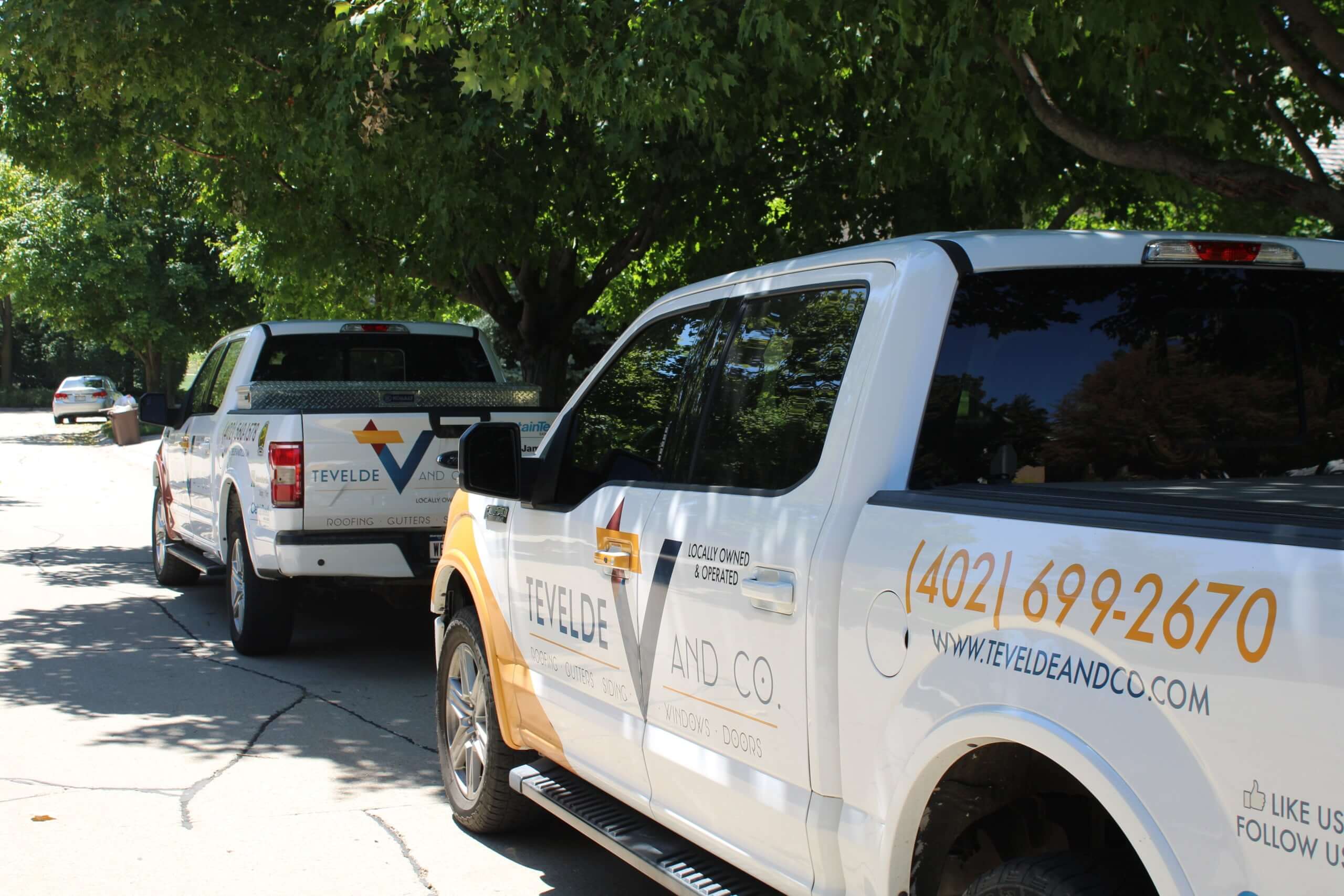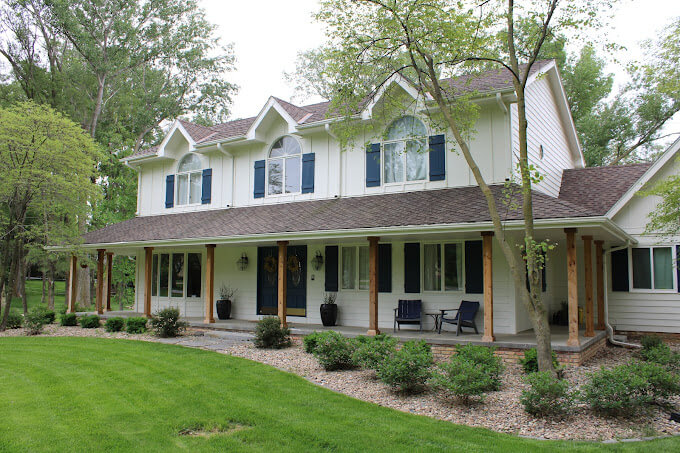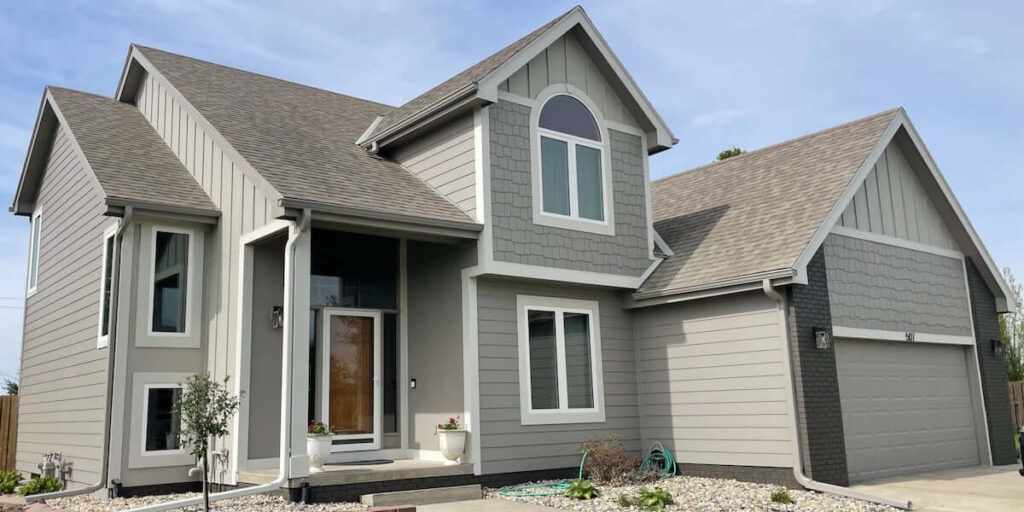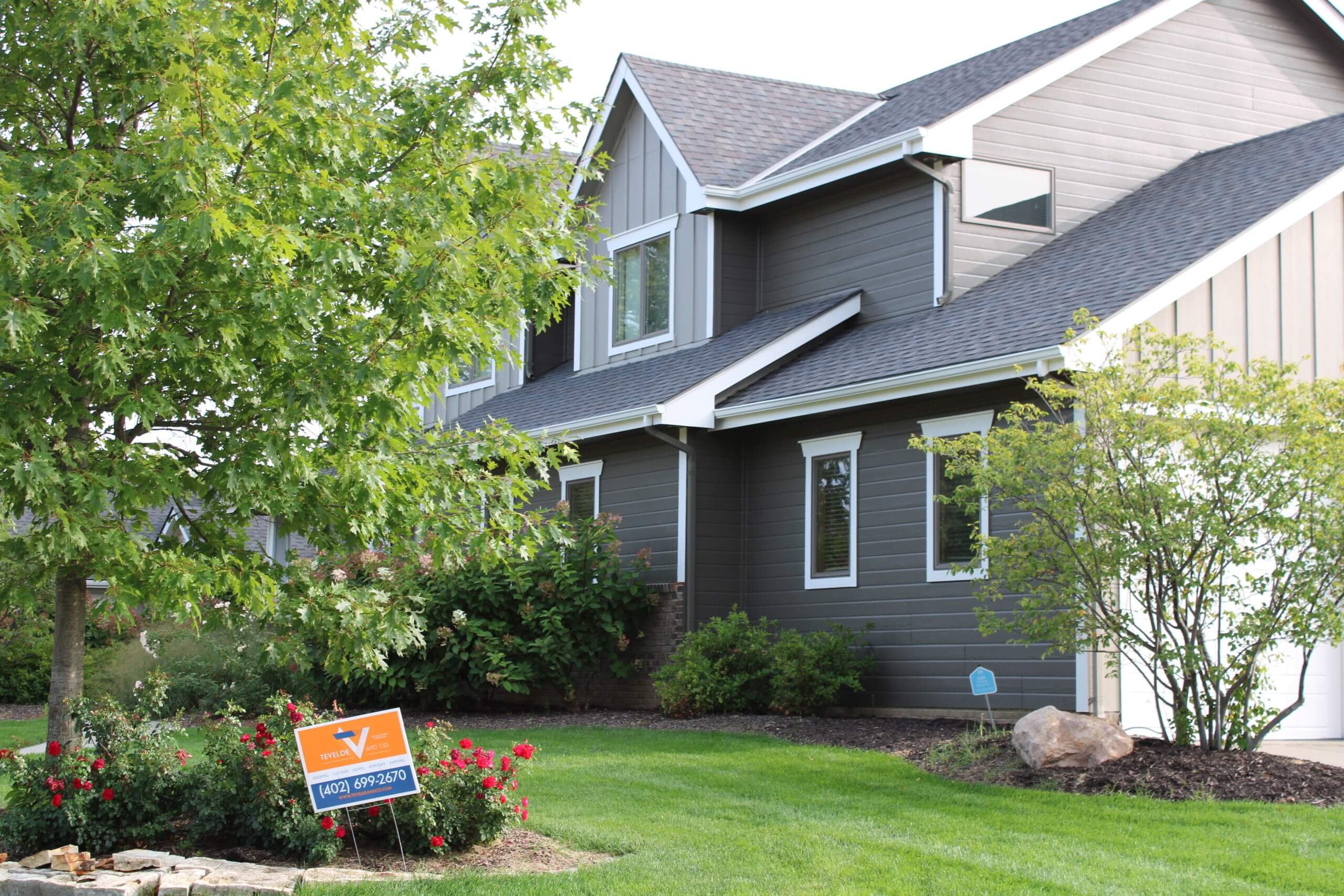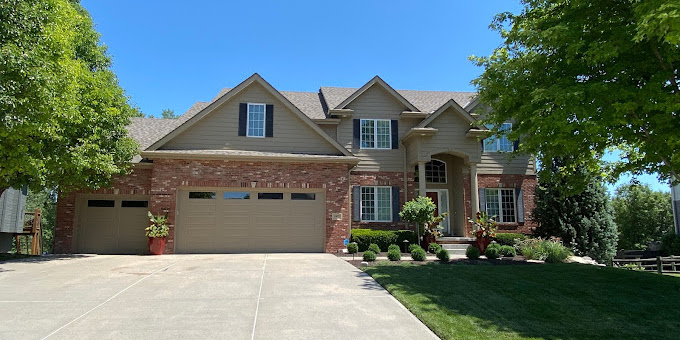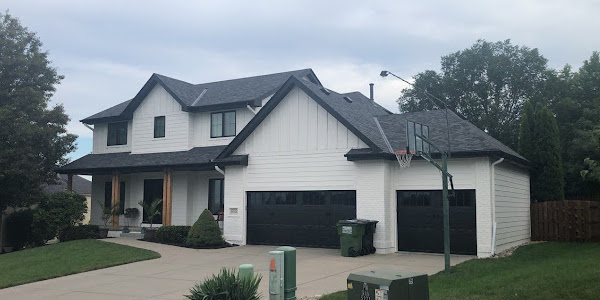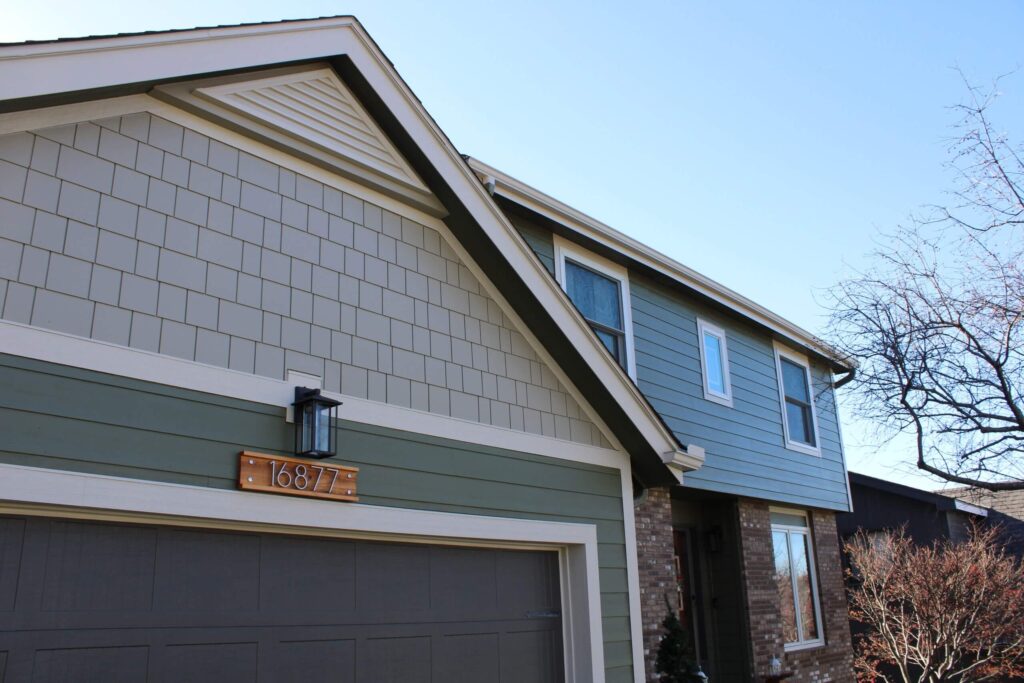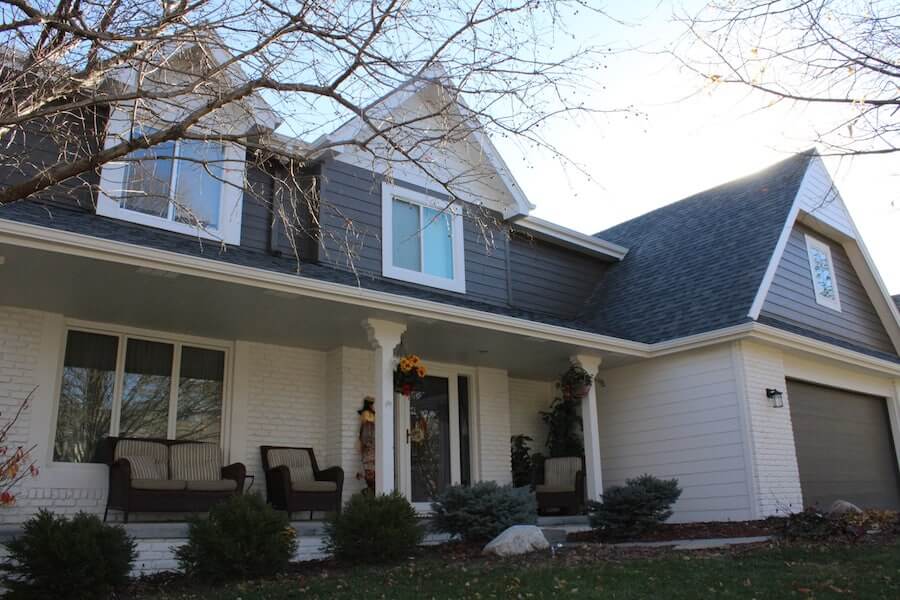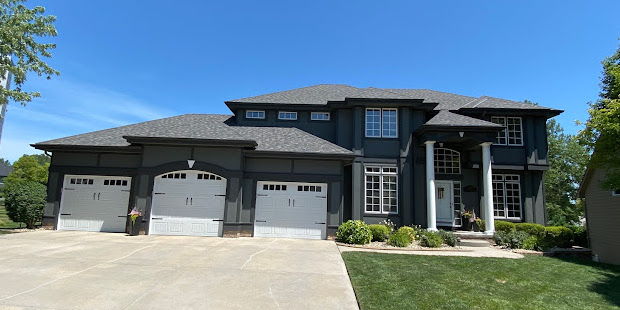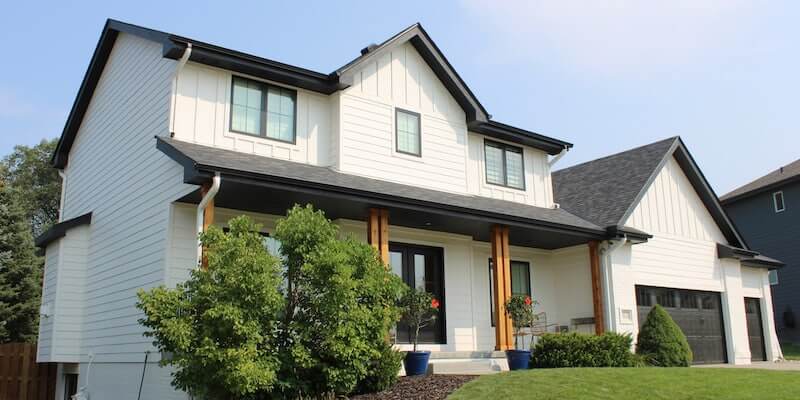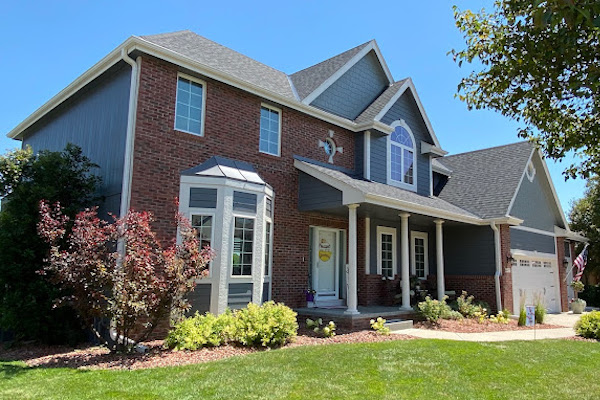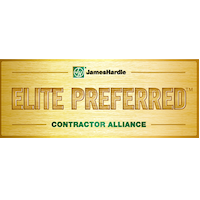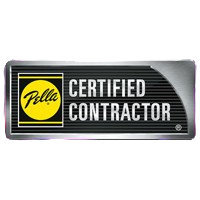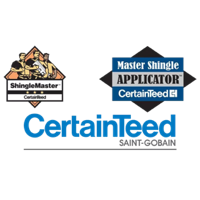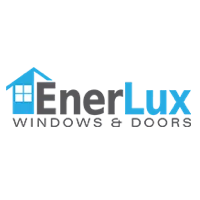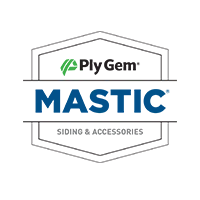Why should you consider financing instead of just saving up and paying out of pocket? Well, for one thing, most home improvement projects don’t come cheap. If you need to replace your siding, install new windows, or remodel a kitchen, you’re easily looking at thousands—or tens of thousands—of dollars.
Preserve Your Emergency Savings
Home improvement projects can strain your savings, leaving you vulnerable to unexpected expenses. Financing allows you to keep your emergency savings intact so you still have money available for day-to-day and unexpected expenses.
Imagine draining your savings for a siding project, only to have your furnace break down a month later. Financing helps you avoid that financial squeeze.
Make Large Projects More Affordable
Spreading out the cost of a large project over several months or years makes it easier to afford. Monthly payments are often more manageable than a single large bill, especially for projects costing $10,000 or more.
Take Advantage of Low Interest Rates
Many financing options for home improvements offer competitive interest rates, especially if you have good credit or use secured financing like a home equity loan. When rates are low, financing becomes a smart way to fund improvements without overpaying.


